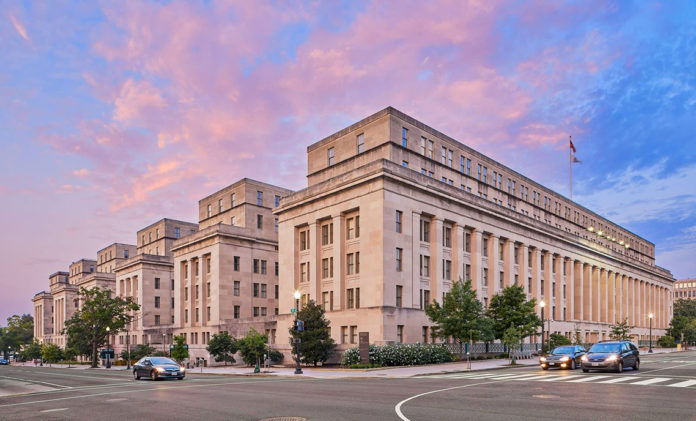WASHINGTON, D.C. – The Department of the Interior announced nearly $7 million through the Indian Youth Services Corps (IYSC) for Indigenous-led conservation projects across the nation. The IYSC, launched by Secretary Deb Haaland in 2022, is a partnership-based program helping provide meaningful education, good-paying jobs, and training opportunities to Indigenous youth through conservation projects on public and tribal lands, and Hawaiian homelands. This latest round of projects will further advance the American Climate Corps, the Biden-Harris administration’s effort to empower a new, diverse generation of Americans to tackle the climate crisis and become part of a growing clean energy and climate-resilience workforce.
“Since time immemorial, Indigenous people have stewarded our nation’s lands and waters” said Secretary Haaland. “Through the Indian Youth Service Corps, the Interior Department is preparing and supporting the next generation of stewards who will make lasting impacts for people, the environment, wildlife and tribal communities across the nation. When we invest in Indian Country, we invest in America. I am thrilled that President Biden’s Investing in America agenda invests so significantly in Indigenous communities.”
These projects are part of an overall $15 million committed from President Biden’s Investing in America agenda to strengthen the IYSC and other corps programs for underserved communities. This investment is expected to grow IYSC partnerships by 30 percent to reach over 5,000 young people, as part of the American Climate Corps. Last year, the Department joined other federal agencies – including the Departments of Commerce, Agriculture, Labor and Energy, the Environmental Protection Agency, and AmeriCorps – in formally entering into a Memorandum of Understanding (MOU) that established the American Climate Corps Executive Committee to provide leadership and consultation for these efforts.
“In communities across the country, President Biden’s American Climate Corps is ensuring that the next generation of Americans is empowered to take on our most urgent climate challenges,” said White House National Climate Advisor Ali Zaidi. “From sea level rise to prolonged drought conditions, Indigenous communities are facing some of the most intense impacts of the climate crisis – and the investments we are making today will ensure Indigenous youth play a role in developing innovative climate solutions for their communities, while also putting them on a path to good-paying careers.”
The projects announced are funded through grants and financial assistance awards made to tribal nations, tribally-affiliated non-profit organizations and other qualified non-profit youth serving organizations working in collaboration with tribal nations. The awards support top Departmental natural and cultural resources mission priorities by developing tribal capacity in conservation, natural resource management, and climate resilience. They also provide tribes and qualified non-profit youth serving organizations with financial resources that enable them to invest in, train and recruit a new generation of skilled Indigenous workers.
The IYSC is implemented by the Departments of the Interior, Agriculture and Commerce and follows guidelines that were established in consultation with Indian tribes, the Bureau of Indian Affairs (BIA) and other stakeholders.
The IYSC projects announced will be facilitated through the Department’s BIA, Bureau of Land Management, Bureau of Reclamation, National Park Service and U.S. Fish and Wildlife Service with funding from the Inflation Reduction Act and annual appropriations.
Last year, the Department announced $3.5 million in IYSC grants for eight projects involving more than 20 tribes and tribal organizations. In June, Secretary Haaland met with members of the Barrio Youth Conservation Corps and the Ancestral Lands Conservation Corps at La Plazita Institute in Albuquerque, where $250,000 from last year’s awards are supporting restorative justice programming and technical training in environmental conservation and natural resource management.
President Biden’s American Climate Corps (ACC) is an initiative modeled after Franklin D. Roosevelt’s Civilian Conservation. Following the inaugural cohort’s swearing-in this year, the ACC Hub estimates more than 9,000 American Climate Corps members – nearly halfway to the goal of 20,000 members in year one – are already serving across the country, going to work conserving and restoring our lands and waters, bolstering community resilience, deploying clean energy, implementing energy efficient technologies, advancing environmental justice and more.














































